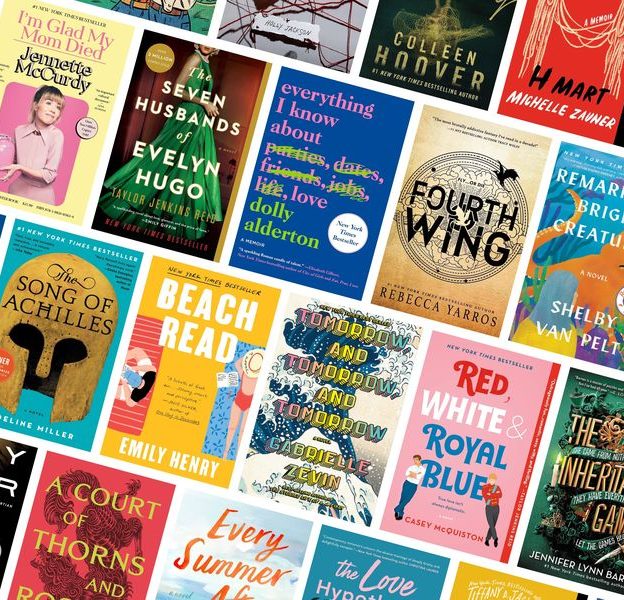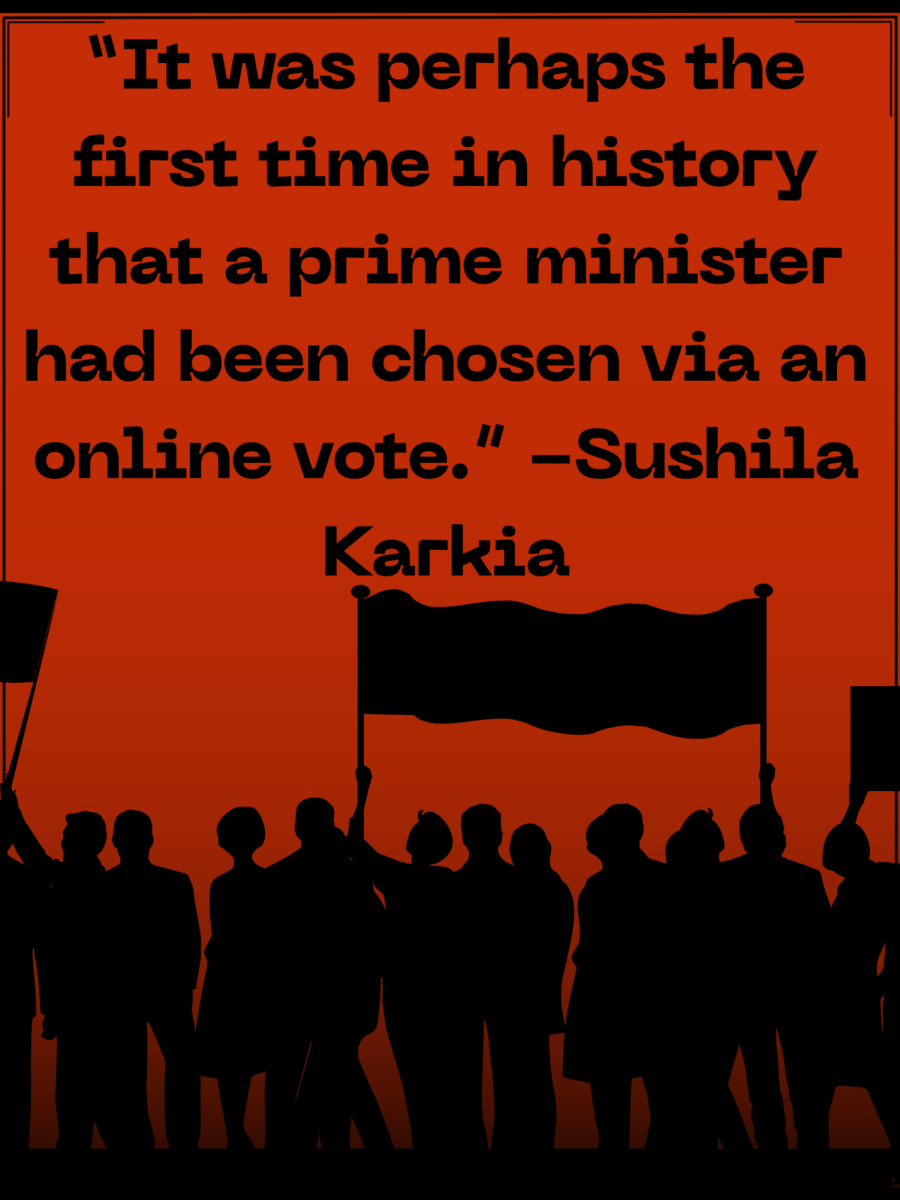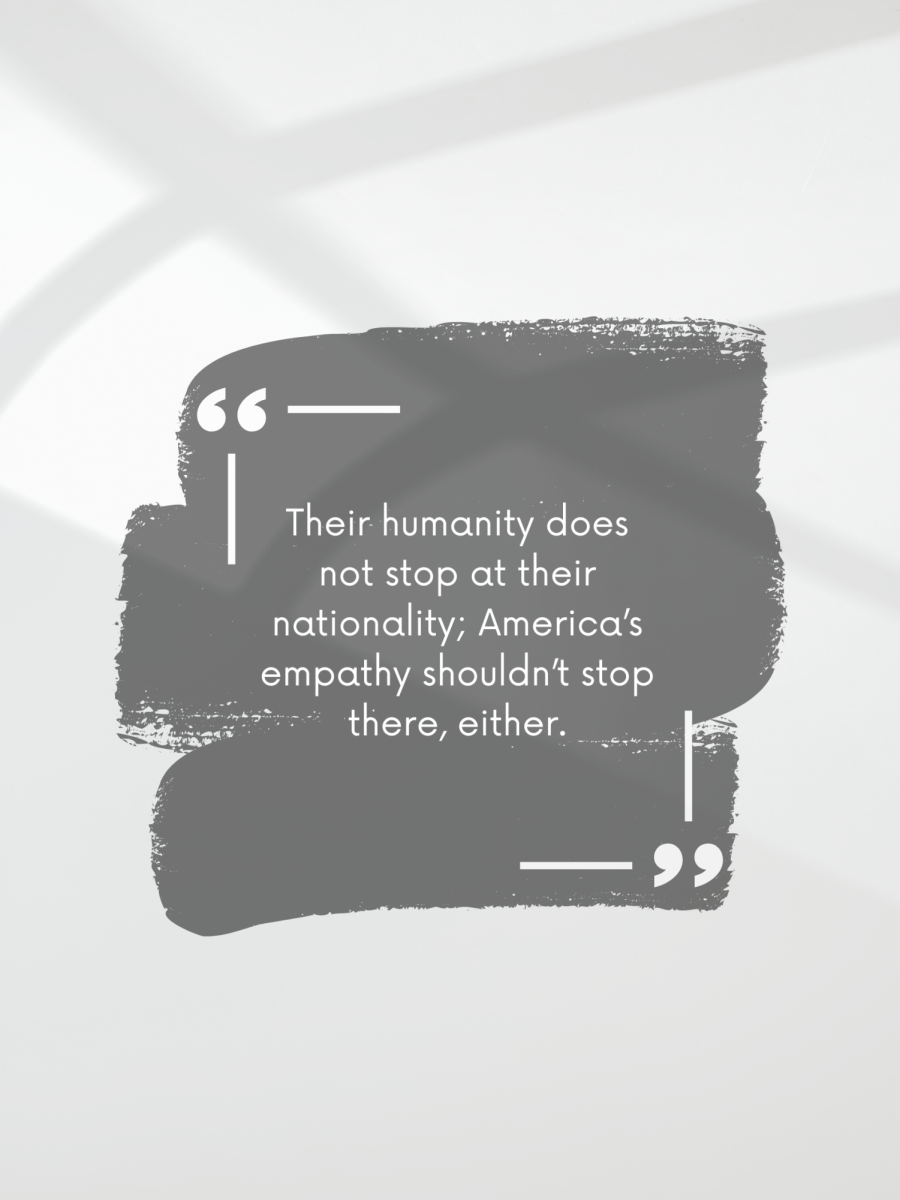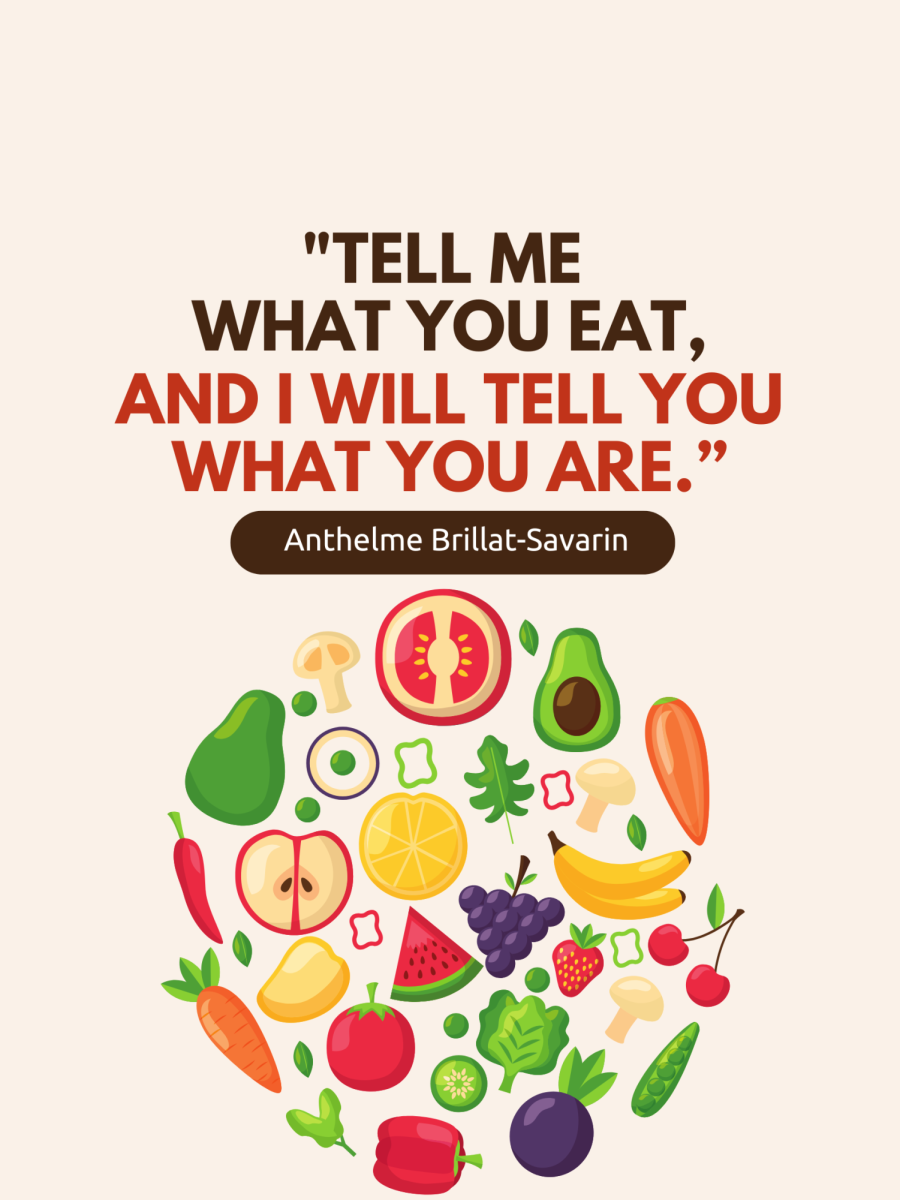2020 brought isolation, insecurity, boredom, and copious amounts of free time to many Americans. In a search for something to bide their time until the pandemic ended, many people got into reading, and others even took on writing books. According to Toner Buzz, this new societal interest in reading has caused U.S. print sales to go up by 8.9% from 2020-2023.
The isolation that came from quarantining also pushed more people to spend time on social media. In a time when people could not interact in person, the benefits of social media shone by bringing people together.
People with a new interest in literature found each other on social media platforms and bonded over their shared situation. Many of them met in a subsection of the internet known as BookTok, the name coming from a play on TikTok, a social media app where the community started. While there have been communities of readers sharing their passions for reading as long as the internet has been around, the influx of people brought this community into the public eye, which carried with it many social changes in the subculture.
America’s literacy rate is especially low for a first-world country; only 79% of adults can read, but they can’t do it well. According to the National Literacy Institute, 54% read at a sixth-grade level, and 20% read below a fifth-grade level. Knowing this, having more people reading is a great thing, but the substance of a book is just as important as the volume of books read.
Books have historically held political and cultural significance. Literature is an immersive way for people to share ideas, including fiction, because this genre creates abstract ways to make a powerful and understandable impact. If books weren’t necessary, why would people ban or burn them? The importance of books has shaped America and the world in many important ways from Common Sense by Thomas Paine to The Feminine Mystique by Batty Friedan. Check out Karah Schmidt’s article on this topic for further details.
In the modern era, books have become flat, and while reading for enjoyment is entirely understandable, communities like BookTok have created a culture that dilutes literature. Finding a popular book from BookTok that isn’t full of tropes and lacks character growth is hard. These books replace the quick dopamine hits someone might receive from scrolling on TikTok with dopamine hits from easy-to-understand fiction.
Romance is heavily affected by this superficial writing, and sales grew by 52% in 2023, according to WordsRated. Tropes like “Enemies to Lovers” or “Only One Bed” are predictable but exciting for readers and give them something they know they will like. Many readers also buy books based on these tropes, and there are many influencers recommending books based on tropes.
Knowing what you want in a book isn’t the problem; the problem with reusing tropes similarly is that it takes the creativity and nuance out of writing. Forcing authors to continue using them and upping their last novel to appeal to the most people possible. Pushing authors into reusing plot lines makes writing stale by moving the story and characters toward the next trope as fast as possible to keep readers engaged. Which forgoes depth or details that might cause readers to stop and think.
Romance does get a negative connotation. Partially because of the stigma of emotionally charged flat literature BookTok has given it, but also because people that these stories just can’t have that much to say. This idea is wrong, and these stories can have themes of loss, reconciliation, love, or how relationships function while still being fun to read.
Many adults understand this concept and can choose a book fully knowing whatever trope or level of depth is inside. Children don’t usually have this ability, but more and more are on the internet, exposing them to adult themes and harmful perceptions of the world. For instance, the book Ice Breaker by Hannah Grace was popular on BookTok for a time, and many young readers ended up purchasing the book unaware of the mature content the book had.
There is also the “morally grey love interest” trope that romanticizes tall, dark, and handsome men. This description is as old as time, but it has gotten out of hand because authors need to up the emotional impact of their tropes. In books like Haunting Adaline by H. D. Carlton, the heroine falls for her grandma’s murderer. This story for children isn’t a good message. Still, when shown to them by influencers who they look up to at an impressionable age, it fosters a flawed understanding of what they deserve from a relationship.
By encouraging this kind of literature, BookTok influencers, readers, and writers are growing the lack of literary comprehension, the need for constant dopamine, and the loss of meaning behind writing, not just in the next generation but with everyone on BookTok.
Adults often post about how classical and contemporary books, like A Little Life by Hanya Yanagihara, with heavy themes, are boring or just plain bad. Lots of these books can be depressing at times, like A Little Life, and not for everyone because of this, but that doesn’t make these books bad. It makes them good because if you feel sad about something traumatic happening to the character, it accomplishes its goal.
 Plenty of modern classics like The Hunger Games by Suzanne Collins are not as depressing and are fun to read. This series is known for shooting the dystopian genre into the spotlight, and many of its points have become tropes; the classic underprivileged girl caught in a love triangle becomes a hero and takes down a corrupt government, which has been repeated many times. What makes this series stand out, though, is the themes of resistance against oppression, totalitarianism, and violence in society that it can present. The story is so good that other authors try to replicate it. Even the tropey love triangle represents Katniss’s choice between rebellion and subordination in District Twelve, and what many stories and readers seem to miss when replicating or analyzing the novel is the nuance and importance of the message in even the most cliche of moments.
Plenty of modern classics like The Hunger Games by Suzanne Collins are not as depressing and are fun to read. This series is known for shooting the dystopian genre into the spotlight, and many of its points have become tropes; the classic underprivileged girl caught in a love triangle becomes a hero and takes down a corrupt government, which has been repeated many times. What makes this series stand out, though, is the themes of resistance against oppression, totalitarianism, and violence in society that it can present. The story is so good that other authors try to replicate it. Even the tropey love triangle represents Katniss’s choice between rebellion and subordination in District Twelve, and what many stories and readers seem to miss when replicating or analyzing the novel is the nuance and importance of the message in even the most cliche of moments.
With readers and future generations of readers losing the ability to focus and authors forced to appeal to the money-making machine of BookTok, books like The Hunger Games have been stripped of their essential messages. By losing this literary depth, the world is losing knowledge.
Every book represents a person’s experiences, knowledge, and passions. They carry impactful ideas that can give the reader a new perspective like no other art can. Literature can move people, cause change, and better the lives of so many people. In a world where people under-appreciate their messages or choose to read uninspired works removed from any soul for profit, a fundamental breakdown can happen in understanding culture, empathy, knowledge, and the human experience.
Ray Bradbury writes in the dystopian novel Fahrenheit 451: “You don’t have to burn books to destroy a culture. Just get people to stop reading them.”
Reading superficially isn’t reading and if we lose the art of reading, we lose our culture.







